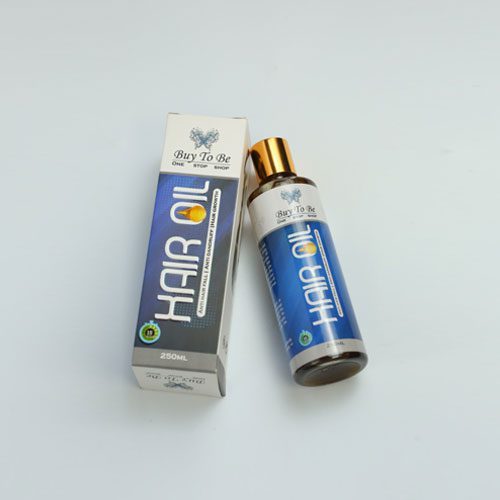Blog
Welcome to Our Hair Growth Oil Hub

Are you tired of waiting for your hair to grow at a snail’s paces and hair growth oil? Do you dream of having long, luscious locks but struggle to achieve the desired length? Look no further! In this ultimate guide, we will unveil the secret to accelerating hair growth using natural hair growth oils. Say goodbye to expensive salon treatments and chemical-laden products that promise miraculous results but fail to deliver. Our guide is packed with tried and tested techniques that will help you unlock the potential of your hair follicles and stimulate rapid growth. From understanding the science behind hair growth to discovering the best natural oils for promoting healthy strands, we have got you covered. Whether you have been battling hair loss or simply want to enhance your hair’s natural growth rate, this guide will provide you with the essential knowledge and practical tips you need to achieve the hair of your dreams. Get ready to embark on a journey towards thicker, longer, and healthier tresses, naturally.
Understanding hair growth and the role of natural hair growth oils
Hair growth is a complex process that occurs in cycles. Each hair strand goes through a growth phase (anagen), a resting phase (telogen), and a shedding phase (catagen). The duration of each phase varies for every individual, but on average, hair grows about half an inch per month. However, factors like genetics, hormonal imbalances, diet, and lifestyle can influence hair growth.
Natural hair growth oils can play a significant role in promoting faster hair growth. These oils are rich in essential nutrients, vitamins, and fatty acids that nourish the hair follicles, strengthen the hair strands, and stimulate blood circulation to the scalp. They also help to moisturize and condition the hair, preventing breakage and promoting healthy growth.
Benefits of using natural hair growth oils
Using natural hair growth oils has several benefits for your hair and scalp. Firstly, these oils are free from harmful chemicals and synthetic additives, which means they are gentle and safe to use. Unlike commercial hair products, natural hair growth oils do not strip the hair of its natural oils, thus maintaining a healthy balance and preventing dryness.
Natural hair growth oils also have anti-inflammatory and antimicrobial properties, which can help soothe an irritated scalp and prevent scalp conditions like dandruff and itching. By nourishing the scalp and hair follicles, these oils can also reduce hair fall and breakage, leading to thicker and stronger hair strands.
Different types of natural hair growth oils and their properties
There is a wide range of natural hair growth oils available, each with its unique properties and benefits. Here are some of the most popular ones:
1. **Coconut oil**: Coconut oil is rich in lauric acid, which has a high affinity for hair proteins. It penetrates the hair shaft, strengthening it from within and reducing protein loss. Coconut oil also has antifungal properties that can help combat dandruff and other scalp infections.
2. **Castor oil**: Castor oil is known for its high ricinoleic acid content, which has been shown to promote hair growth. It nourishes the hair follicles, stimulates blood circulation, and balances the scalp’s pH level. Castor oil is also a natural humectant, locking in moisture and preventing dryness.
3. **Jojoba oil**: Jojoba oil closely resembles the natural sebum produced by our scalp. It helps regulate sebum production, balancing oiliness and preventing clogged hair follicles. Jojoba oil is also rich in vitamins and minerals that nourish the hair, promoting healthy growth. Learn more about 5 best hair oil for hair growth, dry hair and dandruff.
How to choose the right natural hair growth oil for your hair type
Choosing the right natural hair growth oil for your hair type is crucial to maximize its effectiveness. Here are some tips to help you make the right choice:
1. **Know your hair type**: Determine whether your hair is dry, oily, or normal. This will help you select an oil that addresses your specific needs.
2. **Consider your scalp condition**: If you have a dry or itchy scalp, oils like coconut oil or argan oil can provide relief. For oily scalps, lighter oils like jojoba oil or grapeseed oil may be more suitable.
3. **Research the properties of different oils**: Look for oils that are rich in vitamins, minerals, and fatty acids. Consider the specific benefits each oil offers and how they align with your hair goals.
4. **Patch test**: Before applying any new oil to your hair and scalp, do a patch test to check for any allergic reactions or sensitivities.


